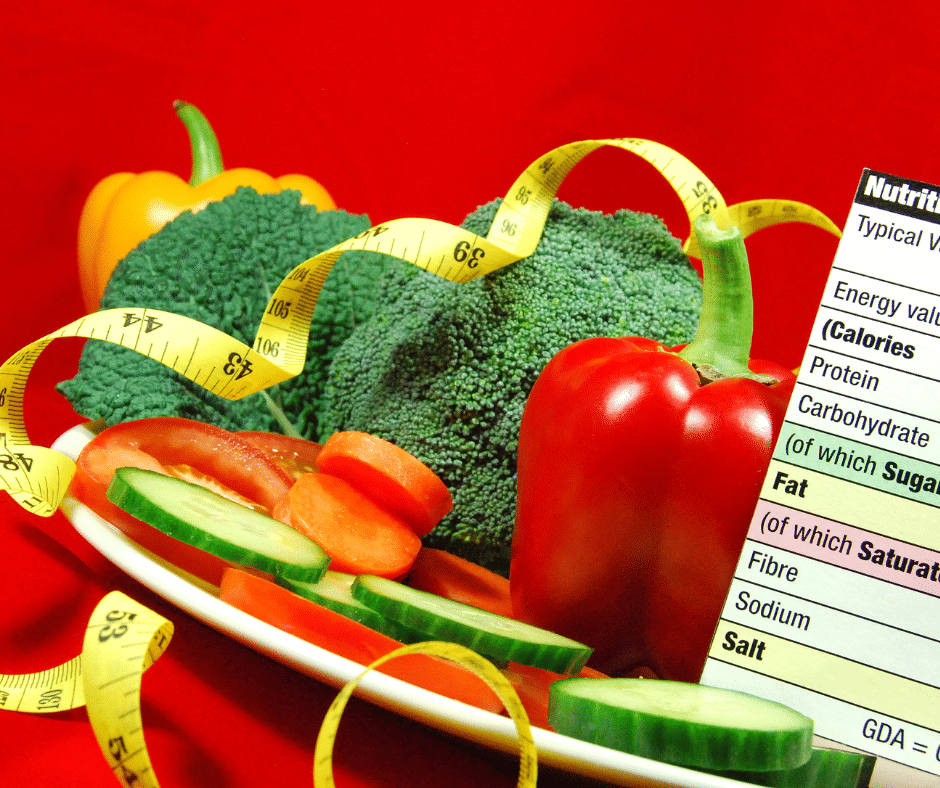The link between nutrition and athletic performance is undeniable. Eating the right foods can make all the difference when it comes to improving your physical abilities, whether you’re a professional athlete or just trying to stay fit and healthy. Proper nutrition helps to provide energy for activities, aids in muscle recovery after exercise, and can even help prevent injury.

Knowing how different types of food affect your body will allow you to optimize your diet for peak performance. With proper nutrition as part of an overall training program, athletes can maximize their potential for success in any sport or activity they pursue.
To reach your peak performance, it’s important to understand the basics of nutrition and how certain foods can help or hinder athletic performance. Eating the right amounts of macronutrients (carbohydrates, fats, and proteins) will provide you with the energy and nutrients needed to fuel your body before, during, and after exercise.
Carbohydrates are the primary source of energy for athletes and should make up a large part of an athlete’s diet. Foods high in carbohydrates include pasta, rice, oatmeal, whole grain bread and cereals, fruits, and vegetables.
Fats are another important macronutrient that play a role in providing energy while also helping to repair muscles after exercise. Healthy sources of fats include fish, nuts and seeds, avocados, and olive oil.
Finally, proteins are essential for muscle recovery and growth. Lean meats such as chicken and turkey, fish, eggs, beans and legumes, Greek yogurt, tofu, and dairy products are all great sources of protein for athletes.
In addition to macronutrients, micronutrient-rich foods should also be included in an athlete’s diet. Vitamins (A, B complex vitamins, C) and minerals (calcium, potassium) help support the body during physical activity. Foods high in micronutrients include dark green leafy vegetables like spinach or kale; citrus fruits; sweet potatoes; whole grains; nuts and seeds; and low-fat dairy products.

It’s also important to stay hydrated before, during, and after exercise in order to optimize athletic performance. Water helps to replenish lost fluids while supporting the body’s metabolism and temperature regulation. Drinking enough water will help athletes perform at their best while avoiding fatigue or dehydration.
Overall, a balanced diet with an emphasis on proper nutrition is essential for any athlete looking to reach their peak performance. Eating the right foods can provide energy for activities as well as repair muscle damage after exercise, allowing you to get the most out of your training program.